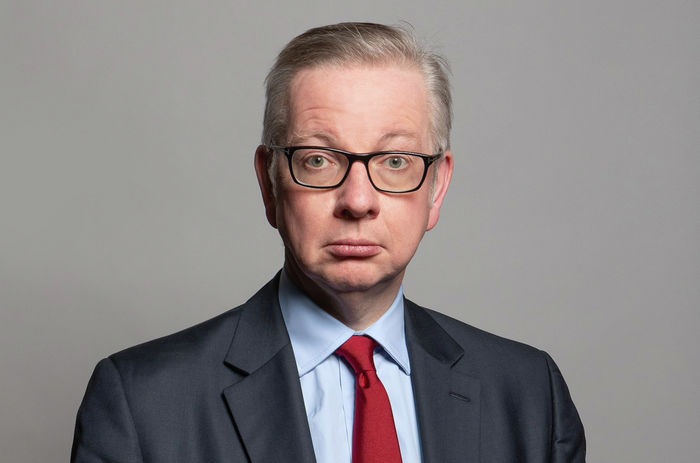Climate pro-VC role put to vote among academics
Plans for a sixth pro-vice-chancellor were initially accepted, but have now been withdrawn to be voted on by academics

Proposals for a new pro-vice-chancellor (PVC) to direct Cambridge’s climate policy will be put to a vote among academics, amid growing criticisms of the University’s “directionless” green agenda.
The recommendation for a sixth PVC, responsible for the University’s climate policy, was initially accepted by vice chancellor Deborah Prentice, but the plans have now been withdrawn and put to a vote, following requests from academics.
The ballot for the new PVC for sustainability notes that “the University needs dedicated academic leadership if it is to advance” Cambridge’s climate policy “at pace”. The ballot proposes to abolish the PVC role after six years, despite the initial plans recommending a permanent position.
The initial proposals said that the new position would “facilitate a reset in approach” for the University’s climate policy, following the Topping Report’s findings that Cambridge’s acceptance of research funding from the fossil fuel industry poses “high reputational risk”.
The SU has published a fly-sheet, a statement circulated among academics ahead of votes, in support of the new PVC role, claiming that the position “would demonstrate the University’s commitment to climate action, and allow for more accountable, consolidated leadership on this urgent issue”.
Responding to concerns that the sixth PVC role would lead to more bureaucracy and slower decision-making, the SU said: “We must not allow suspicion of ‘administrative bloat’ to undermine the University’s progress in addressing the climate and nature emergencies.”
“It is crucial that the multiple ongoing efforts are consolidated in a single, accountable leadership position that students can engage productively with,” the fly-sheet reads.
A source close to the matter told Varsity that the sixth PVC would provide students with “a single leader to lobby and hold accountable for the University’s behaviour”.
“Signing the fly-sheet, which will be circulated to all academics before they vote, is a way for any student to show how much they care about the climate crisis, and to push the University to take decisive action,” they said.
Regarding the University’s climate policy, they said: “It’s not enough for us to rely on piecemeal initiatives, without broader strategic direction. That kind of direction is exactly what this role would provide.”
Cambridge Climate Justice (CCJ), a student campaign group, however, told Varsity of their “mixed feelings” regarding the role, which follows “a pattern of delays”.
“At CCJ, there is widespread concern that the new PVC role and the potential of a lengthy appointment process is likely only to extend this inaction. It is imperative that the appointment of a new PVC for Sustainability does not become just another layer of bureaucracy,” the group said.
“We support the appointment of a new PVC for Sustainability,” CCJ said, “provided that they prove to be a force for good and provide much-needed leadership to reconcile the so far directionless response to the Topping Report.”
Voting will take place in Regent House, the democratic body made up of Cambridge academics, between the 15th and 24th of January, with the result of the ballot being published on the 31st.
The University of Cambridge was contacted for comment.
 Comment / Cambridge students are too opinionated 21 April 2025
Comment / Cambridge students are too opinionated 21 April 2025 Comment / Cambridge’s tourism risks commodifying students18 April 2025
Comment / Cambridge’s tourism risks commodifying students18 April 2025 Interviews / Meet the Chaplain who’s working to make Cambridge a university of sanctuary for refugees20 April 2025
Interviews / Meet the Chaplain who’s working to make Cambridge a university of sanctuary for refugees20 April 2025 News / News in brief: campaigning and drinking20 April 2025
News / News in brief: campaigning and drinking20 April 2025 Lifestyle / Which coffee are you?20 April 2025
Lifestyle / Which coffee are you?20 April 2025






